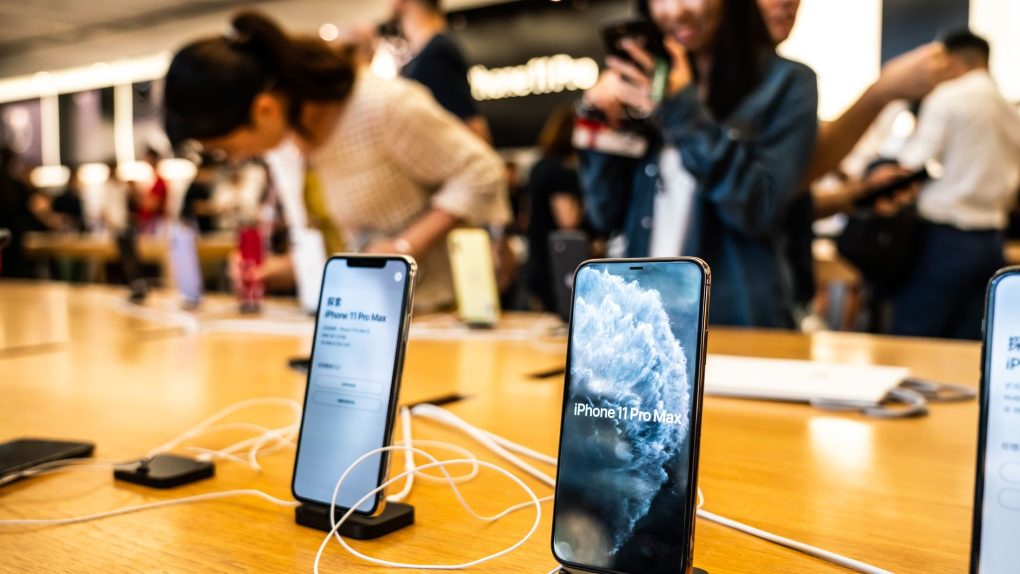Even if you’ve only casually followed the news over the past several weeks, you have no doubt been inundated with reports about the coronavirus that originated in Wuhan, China. The virus has had an outsized effect on virtually every industry on the planet, as governments and healthcare professionals attempt to contain the virus while treating those who have been infected. In fact, even the technology industry has been impacted, and unless the situation improves in the coming weeks, some of the biggest upcoming releases of the year might be delayed.
According to DigiTimes, Apple stopped sending its engineers to China to participate in the Engineering Validation Test (EVT) phase of iPhone 12 production as a result of the virus. This follows an announcement from Apple last month in which the company said it would only allow “business critical” travel to China.
The roadblocks presented by the virus have convinced Apple to delay the mass production of its iPhone 12 models to June, unnamed industry sources tell DigiTimes. Even if this report turns out to be legitimate, it seems likely that Apple will announce its new flagship phone in September, though supply may be constrained when the iPhone 12 launches. This wouldn’t be the first time Apple has had to deal with production delays, but it could be exacerbated in 2020 since the iPhone 12 series is expected to feature a big design overhaul that should lead to huge demand at launch.
In addition to a potential late start for iPhone 12 production, DigiTimes reports that Apple is considering shifting even more orders for “its new models slated for launch in the first half of 2020” to Taiwan in order to diversify the production risks associated with the virus. Although DigiTimes doesn’t refer to the “first half” models by name, it appears that the site is talking about the iPhone 9 (also called the iPhone SE 2 in some reports).
Ignoring the coronavirus is clearly not an option for any company that has vital business to conduct in China, but Apple seemingly has a plan in place to mitigate the effects of the outbreak as much as possible as it pertains to future products. That said, if the virus can’t be contained by this summer, or new issues arise, the iPhone 12 (and countless other products) might be at risk of far worse than a constrained supply chain.








